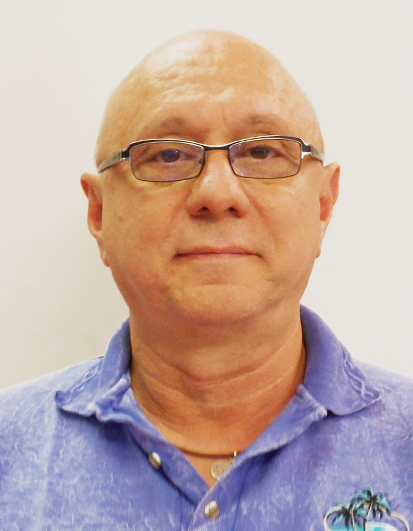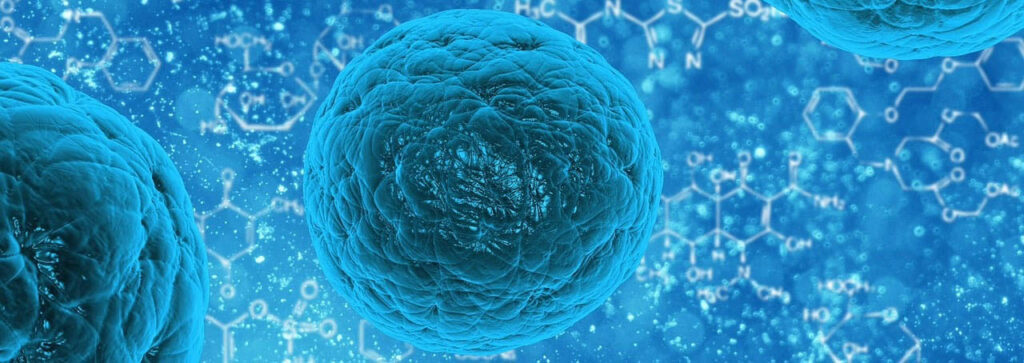Kutatásvezető neve
Dr. Péter András Lakatos
Semmelweis University, Department of Internal Medicine, 1st Department of Medicine

Támogatás összege
33 731 398 Ft
A kutatás rövid ismertetője
The Molecular Genetics Research Group at the Internal Medicine and Oncology Clinic of Semmelweis University joined the HUN-REN Hungarian Research Network in July 2022, under the leadership of Professor Péter Lakatos.
The research group has several decades of experience, both domestically and internationally, in the field of molecular biology. The main areas of their research and diagnostic work include bone metabolism, Wilson’s disease (copper metabolism), and the genetic background of thyroid tumors. In the mid-1980s, as the third in the world, they developed an osteocalcin radioimmunoassay, which was also commercially marketed
Letöltések
They lead both basic and clinical research programs, primarily focusing on bone and thyroid diseases. In the last 30 years, their interest has shifted towards researching the genetic background of these areas, during which they have achieved several internationally noteworthy results with their colleagues. For instance, they were the first to separate DNA and RNA from human bone tissue to perform genetic profiling studies. They also created the first genetic testing panel to aid in the genetic diagnostics of bone metabolism and thyroid cancers. In 2012, they were the first to apply next-generation sequencing technology in the clinic for the diagnostic investigation of the hundreds of variations underlying Wilson’s disease. Today, they routinely use several different sequencing techniques to conduct exome and genome sequencing-based research and diagnostic evaluations.
The research group has pioneering experience in the investigation of pre- and postnatal genetic variations, thereby assisting infertility centers and gynecologists involved in prenatal care. Additionally, their work is linked to the introduction of several circulating free DNA-based tests in Hungary, actively contributing to the field of prenatal care and the monitoring of oncology patients.
Currently, the working group comprises 2 DSc, 5 PhD colleagues, 3 assistants, and 2 bioinformaticians.
Professor Lakatos is the author of more than 713 scientific publications, with an impact factor exceeding 693, and a citation count of 13,306, with an H-index of 44. He served as the president of the Hungarian Society for Osteoporosis and Osteoarthrology from 1999 to 2005, and as a board member of the European Society for Calcified Tissues from 1997 to 2007. Additionally, he is a member of Academia Europaea and various professional societies, committees, and editorial boards, including the European Science Foundation Grant Review Committee. Among his many accolades, Dr. Lakatos has received the Madzsar Award in Biochemistry, the NIH Fogarty International Center Award in the USA, the Sandoz Scientific Award, the Australian ICCRH Award, the Széchenyi Professorial Scholarship, the Jendrassik Award, the Canadian Terry Fox Award, and the Pro Universitate Award.



